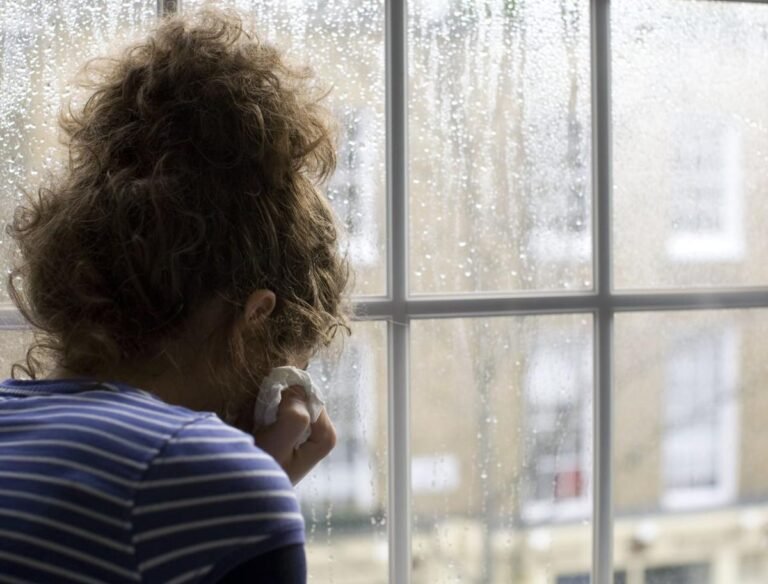
One advocate says Ottawa’s planned closure of portals to mental health and substance use care is an insult to Canadians who already need chronically underfunded services.
During the pandemic, the federal government introduced the Wellness Together Canada (WTC) site and its companion app, the PocketWell app, to provide free virtual mental health and substance use support from professional counselors.
WTC provides self-assessment, peer support, and access to confidential sessions with social workers, psychologists, and other professionals.
However, Health Canada announced that the site and app will be shutting down on April 3.
“Now that the global pandemic emergency is over, provinces and territories are best positioned to support the mental health and substance use needs of their communities,” Health Canada said in an email. .
Instead, people will be directed to mental health resources available in their home state or territory.
efficient and low cost
CAPSA is one of the services benefiting from the WTC. The organization is federally funded and people seeking help with drug use are directed to it from his WTC.
Since WTC’s inception, the Ottawa-based organization has hosted 12 virtual peer support meetings per week, said CEO Anthony Esposti.
“We actually received a lot of emails that were very concerned about the cancellation,” Esposti said in an interview.
“Defunding Wellness Together Canada is a real blow to mental health and substance use healthcare in this country.”
Esposti said the WTC is an efficient and low-cost way to serve the entire country. When someone enters their information, they receive an appointment to be evaluated and referred to virtual services.
He says there is still a need for such services. People who were already consuming alcohol or cannabis have increased their consumption during the pandemic, and in many cases will likely continue to do so, he said.


The federally funded suicide prevention line 988 is available free of charge 24 hours a day, seven days a week in all states and territories. If you are under 18, the Kids Help Phone is also available as an option through 988. (Shutterstock)
In 2023, Statistics Canada reported an improvement in the proportion of adults who said their mental health was good or very good that year compared to the height of the pandemic two years earlier. However, symptoms of depression, anxiety and post-traumatic stress disorder (PTSD) have not changed, the agency said.
The underlying problem, Esposti said, is that federal health transfer benefits do not require states to allocate their funds to mental health or substance abuse care, but end up being chronically underfunded. It is said that there is.
Additionally, mental health care can be difficult to find because people often don’t know where to turn.
“They’re often excluded from services because they’re not sick enough or they’re sick enough to tolerate,” Esposti said. “Heaven forbid that the health concerns of mental health and substance use should overlap.”
If someone is in crisis, the federally funded suicide prevention line 988 is available 24 hours a day, 7 days a week, free of charge in all states and territories. Calls and texts to 988 are routed to a network of community partners across the country who provide suicide prevention services such as counseling.
If you are under 18, the Kids Help Phone is also available as an option through 988.
In the absence of the WTC, Esposti is calling on states to join the fray.
Health Canada says that since the inception of the WTC, the federal government has made significant and historic investments in the health sector, including equipping provincial and territorial health systems to address the unique health and mental health needs of their populations. This includes investing $25 billion in bilateral agreements tailored to provide flexibility, he said.
The federal government says 4.2 million people have visited Wellness Together Canada since its launch in April 2020, with an average of more than 106,000 people visiting the site each month. PocketWell has been downloaded approximately 59,000 times.
If you or someone you know is struggling, seek help from:


